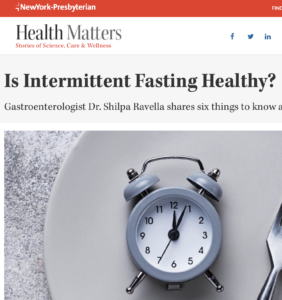Stomach issues? Maybe a low-residue diet can help

A low-residue diet is low in fibers, particularly indigestible fibers. It also limits high-fat foods. When you’re having intestinal issues, fiber and fat may be harder for your digestive tract to process. The goal of this diet is to rest the GI tract and to reduce GI symptoms. A low-residue diet may be used for people with gastroparesis, a flare of inflammatory bowel disease, recent abdominal surgery or other gastrointestinal issues. The foods I recommend for patients on a low-residue diet are also low in FODMAPs.
(more...)Bloating and gas: a few common questions

November 9, 2019
It’s normal and healthy to produce some gas in the GI tract. Many people who think they have excess gas actually fall within the normal range. Gas in the intestines comes from the air we swallow and from bacterial fermentation of food, which happens with some foods during digestion and is meant to keep us healthy.
(more...)Colorectal cancer: things to know
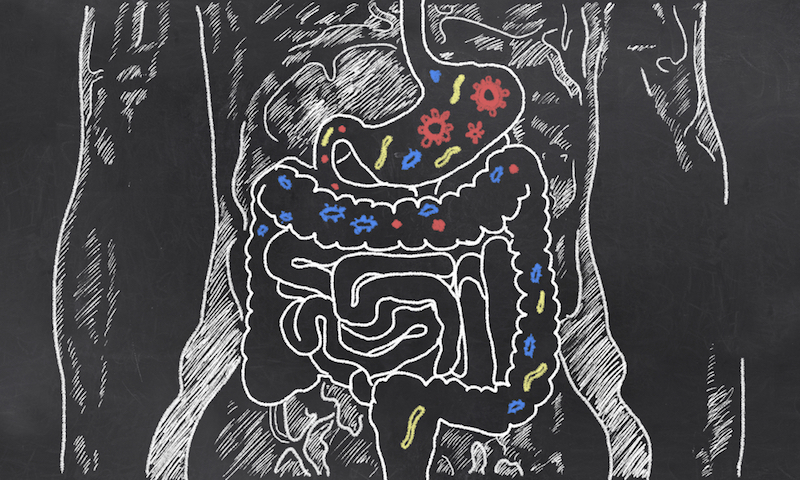
March 20, 2019
March is colorectal cancer (CRC) awareness month. What are some things you should know about prevention and getting screened?
(more...)Research on probiotics
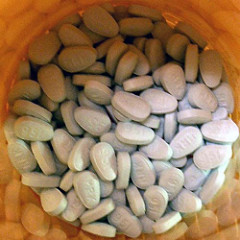
December 17, 2018
Recently, two studies published in Cell on probiotics have been getting a lot of attention.
I’ve written previously about probiotics, including when it would be appropriate to take a supplement, how to pick a supplement if you are going to take one, and the problems that can be associated with probiotics. Here are additional takeaways from the new studies.
(more...)A minimalist grocery shopping list
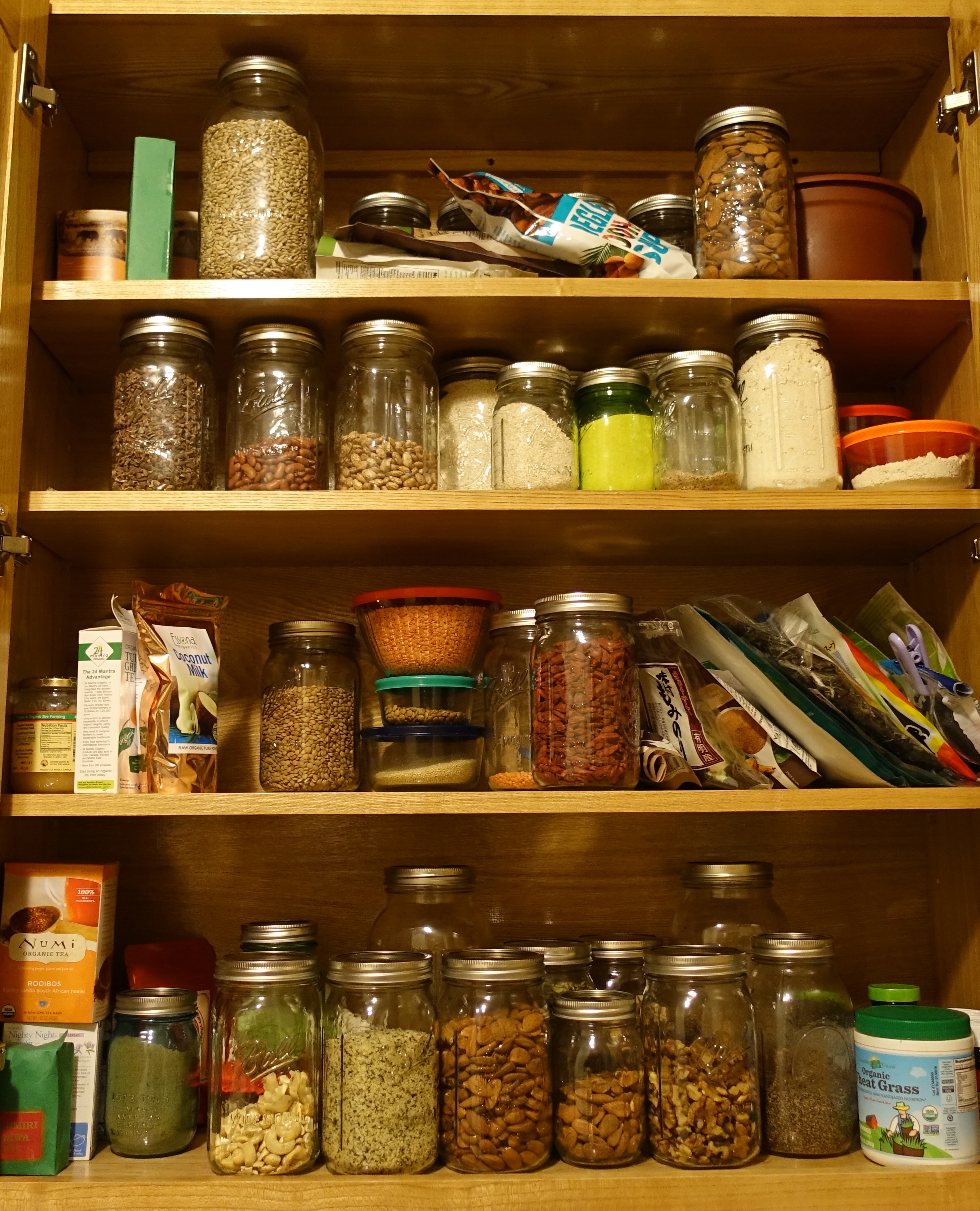
Below is a list of foods that can get you through a wide variety of plant-based eating. You can make nearly any type of cuisine with these ingredients.
(more...)Get dirty—for your gut germs
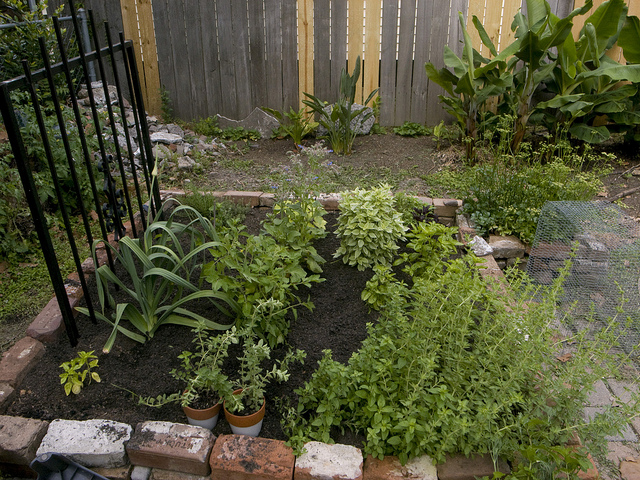
December 23, 2017
Developed nations with thriving, modern economies and ultra-clean environments have the highest rates of autoimmune diseases. But in countries where sanitary conditions are extremely poor, there are higher incidences of diarrheal diseases and bacterial infections. We need to find some sort of middle ground—an optimal level of sanitation while exposing our immune system to a variety of microbes. How do we do that? The bugs that live inside you, which make up the gut microbiome, are one of the keys to finding this balance.
(more...)Antibiotics: take them only when you really need them

November 27, 2017
We know that antibiotics can be life-saving, but they can also wreak havoc on your gut microbiome. Antibiotics can wipe out bacterial species and decrease the diversity of the gut microbiome, so don’t take them unless there’s a good reason to do so. Discuss the risks and benefits with your doctor. There are a lot of questions you can ask your doctor.
(more...)

 September 11, 2018
September 11, 2018